Egypt continues to be a fast-growing country in the fruit and vegetable sector. It has recently made major investments, especially in the cold chain and logistics sectors. The roll-on/roll-off system between the ports of Damietta and Trieste is proof of this. Nevine Hossam, director of the agri-food sector at Expolink, takes stock of the situation. He invites all operators to meet Egyptian companies at the next edition of Macfrut (Rimini, 8-10 May).
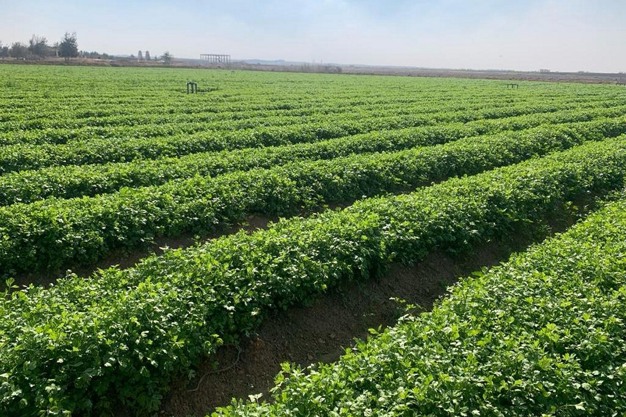
"Egypt's agriculture sector is an important pillar of the economy, a source of employment for millions of people and a major contributor to the country's exports. Among its main products are a wide range of fruits and vegetables that are highly valued for their quality and freshness. With increased production and diversification, the sector has seen significant growth in recent years.
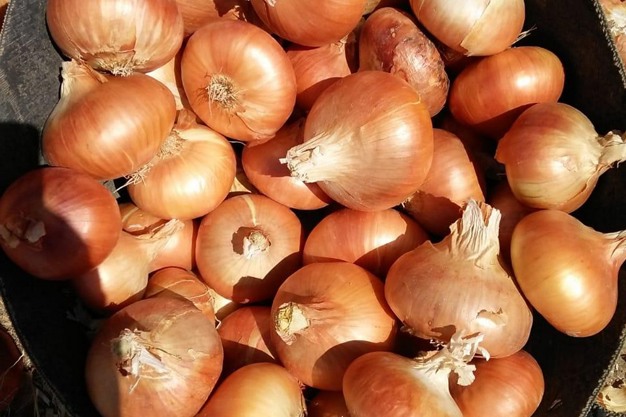
As for exports, Hossam explains, "Egypt's fruit and vegetable products are exported to several countries worldwide, with the Arabian Gulf area, the European Union and Russia being the main destinations. These markets are appreciative of Egyptian products because of their competitive prices, favorable cultivation conditions and consistency of quality. Agricultural exports of fresh produce increased by one million tons in 2023, reaching a record 7.4 million tons, earning $3.7 billion. Two million tons citrus fruit, 950k ton potato and 412k tons onion have been exported from Egypt to 160 markets, 93 more than the previous year. Agricultural exports include citrus, potato, onion, grape, tomato, sweet potato, strawberry, guava, garlic, mango, watermelon and pomegranate. By 2020, Egypt will be the world's first exporter of oranges and the world's third exporter of strawberries.
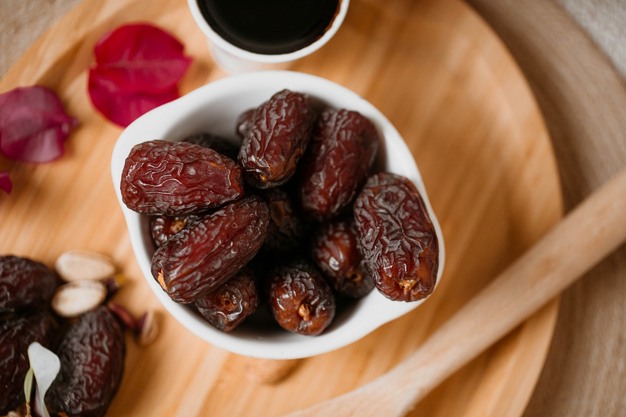
The Egyptian Exporters Association (AEA), known as Expolink, is a private non-profit association established in 1997 by the Egyptian private sector. Its main purpose is to act as a facilitator for Egyptian exporters to achieve consistent and sustainable exports. Expolink has 4,000 associate members who are the ultimate beneficiaries of its services in all sectors of the economy.
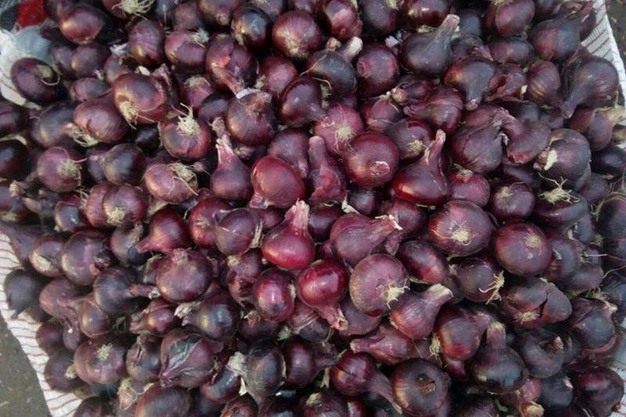
"The Egyptian Government is taking steps to address logistics-related issues by investing in developing infrastructure, promoting cold chain logistics and facilitating access to the market. The Egyptian government has developed a comprehensive strategy to transform the country into a hub for international trade and logistics, a global trade center connecting Asia, Africa and Europe. Egypt has signed an agreement with Italy for the transport of goods through a roll-on/roll-off (Ro-Ro) system with a capacity of 420 trucks per week between the ports of Damietta and Trieste. The operation of this line is expected to increase the economic viability of high-speed rail projects between the Mediterranean and Red Seas, connecting European countries with Asian and African countries through Egyptian territory," says the director.
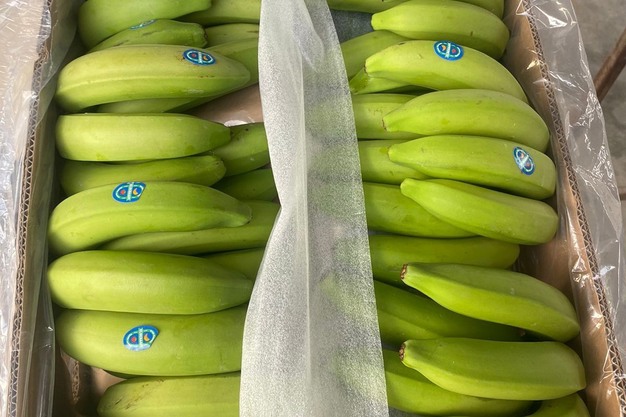
In the case of the onion sector, "last year, the wholesale price of onion in the EU increased by over 400% due to a worldwide shortage caused by flooding in Pakistan, drought in North Africa and the war in Ukraine, forcing producing countries to give priority to domestic supply; even Egypt introduced a 3-month onion export ban that will expire in March 2024. Egypt produces more than three million tons of onions a year, of which a third is exported," he continues.
"According to Hossam, "Expolink is in charge of the Egyptian stand at the Macfrut exhibition (Hall B3, 153-155), where 30 Egyptian producers and major exporters will exhibit high quality products of fresh fruits and vegetables, herbal and spice products, pesticides and fertilizers, packaging, dried fruits, legumes and cereals, with the aim to explore and enter new markets and showcase Egypt's strategic position as a major procurement destination in the international agricultural products scenario, as well as demonstrate the diversity of fresh products from Egypt."
Commenting on the age-old issue of reciprocity, inspections and residues, Hossam says: "The Agricultural Quarantine program plays a key role in promoting adherence to quality, food safety and sanitary standards among farmers. By providing technical support, training and guidance, the Agricultural Quarantine facilitates the implementation of these standards in agricultural production, increasing foreign importers' trust in Egyptian products, which helps exports grow."
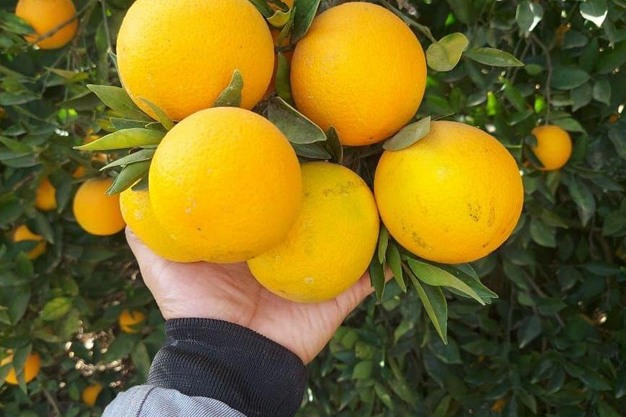
"The Ministry of Agriculture, through the Agricultural Quarantine program, ensures that international standards of health and technical safety are met. This includes strict monitoring and inspection of agricultural and manufacturing operations, issuing the required certificates and facilitating exports."
For more information:
Egyptian Exporters Association-ExpoLink
90 Road 105, Maadi
Cairo - Egypt
Tel.: +202-2527-1010
E-mail: [email protected]
www.expolink.org/agro/
